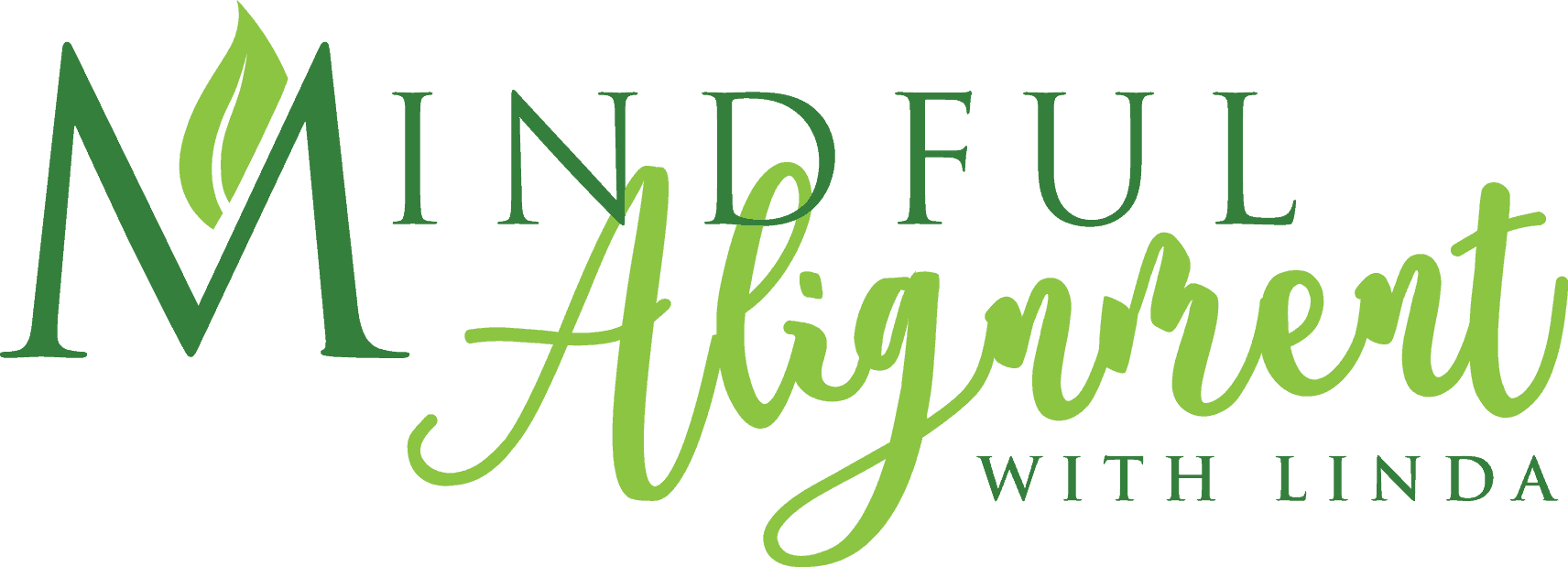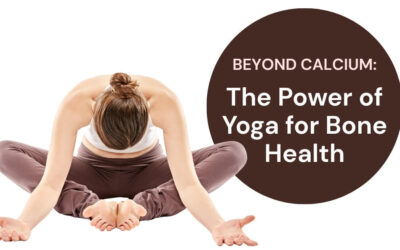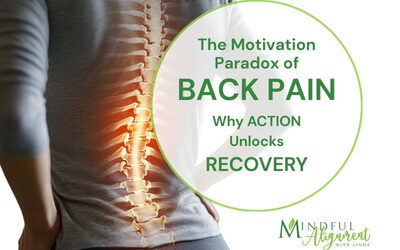Channel Your Inner Athlete for Optimal Health
We all know that feeling. You’re in the zone, entirely focused and performing at your absolute best. Every movement seems to flow effortlessly. Time seems to stand still, and you feel invincible.
Athletes call this “the zone” or “being in the flow.” It’s a state of peak performance where they can push their bodies and minds to achieve results.
What is “The Zone?”
It’s more than just practicing their sport. Top athletes train using various techniques and modalities to achieve peak performance. For example, a basketball player needs to have good balance, run from one end of the court to the other, be aware, focus, and more. Proprioception and interoceptive awareness are also important.
Proprioception is the awareness of where your limbs are in space and how they move, helping you to know where your feet are, so you can make minor adjustments while moving.
Interoceptive awareness is the ability to sense what is happening inside your body, such as your heart rate or breathing, allowing athletes to monitor their bodies.
It takes practice to maintain proprioception and interoceptive awareness. You need both to navigate safely day to day.
How Athletes Improve Proprioception and Interoceptive Awareness
Athletes use many different techniques, such as yoga, tai chi, and Pilates. These mind-body practices help athletes develop a better connection with their bodies and minds, leading to improved performance.
Yoga is a mind-body practice that originated in India. It involves a system of breathing exercises, postures, and meditation. Yoga can help you to improve flexibility, balance, and strength. It can also help you to focus and connect with your breaths as well as increase proprioception and interoceptive awareness.
Tai chi
Is a Chinese martial art that involves slow, flowing movements that is often described as “meditation in motion.” Tai chi can help to improve balance, coordination, and endurance. It can also help with focus and stress reduction.
Qigong
Is a Chinese practice that involves movements, breathing exercises, and meditation. It is similar to tai chi and can help improve balance, coordination, and endurance. Qigong can also help to improve focus and relax your mind.
Pilates
Is a series of low-impact movements designed to improve core strength, flexibility, and posture developed by German physical therapist Joseph Pilates. The Pilates technique helps create a strong foundation of support for your body.
The Feldenkrais Method
Is a system of movement education that Dr. Moshe Feldenkrais developed. It uses gentle, slow movements to help people improve their posture, flexibility, and coordination. As a result, the Feldenkrais Method can help you move more efficiently and with less effort.
The Alexander Technique
Is a system of movement education that F. Matthias Alexander developed. It focuses on improving posture and movement through awareness and breath control. As a result, the Alexander Technique helps you move more efficiently and with less effort. It can also help you to avoid injuries.
Proprioceptive Neuromuscular Facilitation
Is a system of stretching developed by physical therapist Herman Kabat. It uses resistance to help people improve their range of motion and flexibility. As a result, PNF helps you to maintain flexibility. It can also help you to avoid injuries.
The Bottom Line: You can use these same techniques to improve your fitness and well-being. I incorporate all these techniques in my work to help my clients move more efficiently, reduce pain, avoid injuries, and live healthier lives.
If you’re interested in learning more about how mind-body practices can improve your health and well-being, I encourage you to contact me for a free consultation. I’d be happy to answer any questions you have.
Are you tired of living with pain?
Are your activities and daily choices determined by your level of pain?
Are you ready to change your life for the better and gain back your physical freedom?
My unique and custom designed approach comes from years of training, education and experience. Together, we will get you back to living pain free and enjoying life.
Sign up for a private session today
It’s never too late to try something new.

Related Articles:
Beyond Calcium: The Power of Yoga for Bone Health
Discover how yoga supports bone health and osteoporosis prevention. Learn science-backed poses that strengthen your skeleton and reduce fracture risk.
The Motivation Paradox: Action is the Catalyst for Healing Back Pain
Discover the Motivation Paradox of Back Pain—why waiting for motivation keeps you stuck and how action is the true catalyst for healing. Learn science-backed strategies to break the pain cycle and reclaim mobility.
Transform Back Pain Anxiety: From Uncertainty to Empowerment
Discover how to navigate pain anxiety with empowerment. Embrace uncertainty and reclaim your healing journey through mindfulness and resilience.
Transforming Your Relationship with Back Pain: A Mindset Revolution
Back pain is more than a physical challenge—it's a profound psychological journey. The real battle isn't just in your muscles and joints, but in your mind. Your thoughts can either be a prison or a pathway to healing. Reframing Your Inner Narrative When chronic pain...




